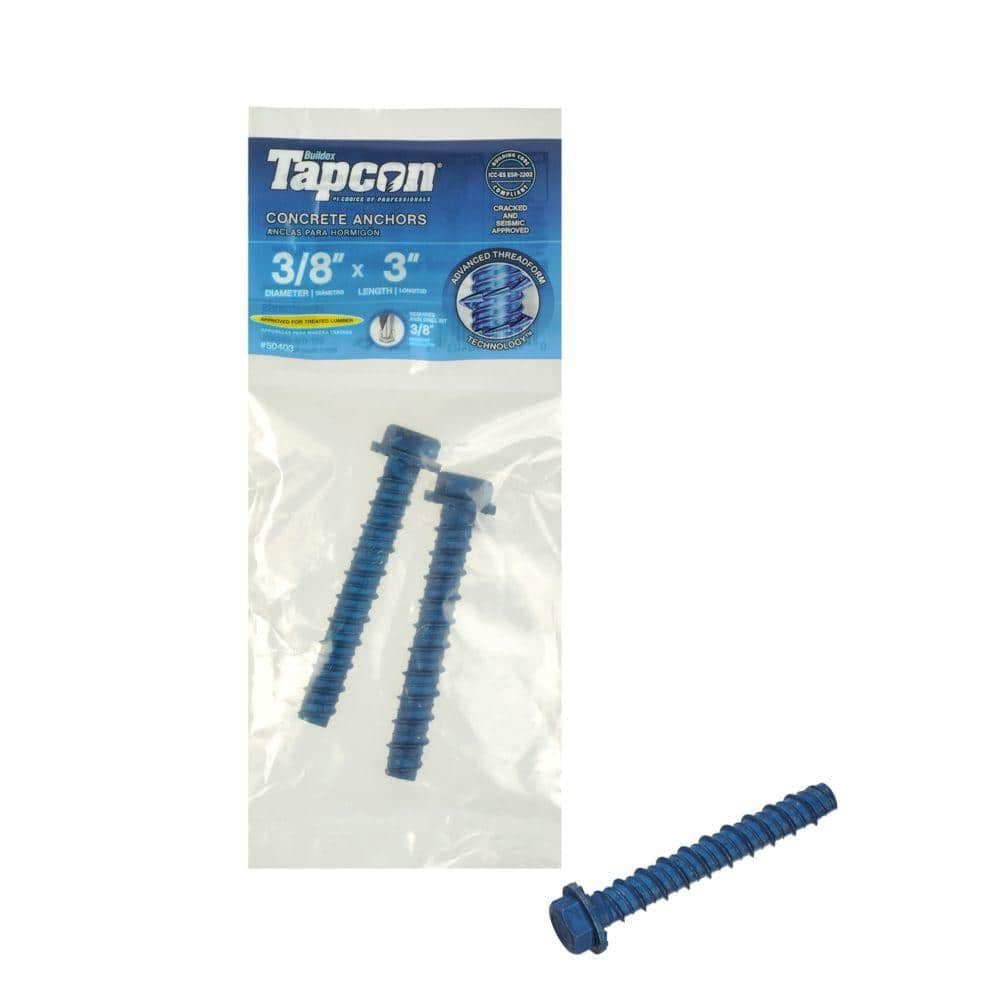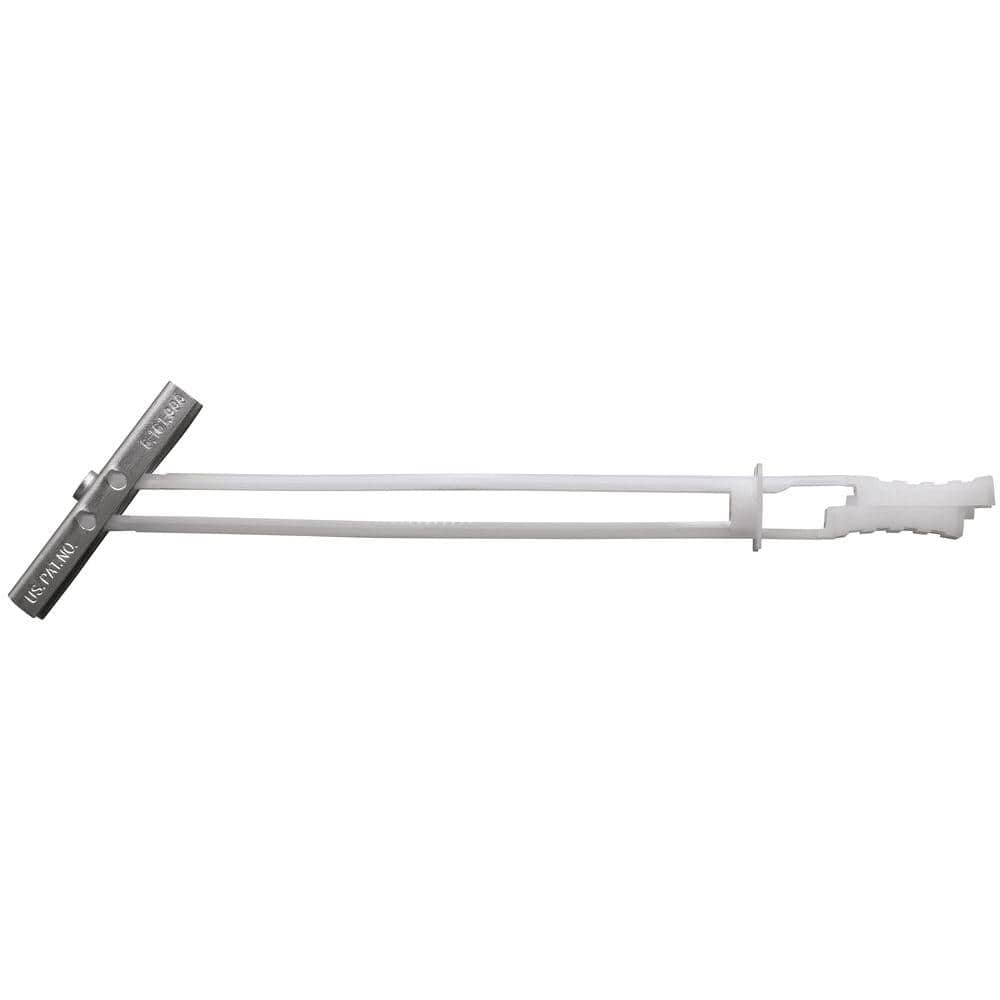Best Drywall Screws and Nails for Your Projects

Last updated June 28, 2024
When it comes to working with drywall, not all fasteners are created equal. Because of the way drywall is constructed, using only the best drywall screws will provide a strong, long-lasting hold. This guide will provide key information on the types of drywall screws,
nails and other fasteners for drywall installations. Read on to learn about drywall screw dimensions and tips for choosing drywall screws vs. nails.
Table of Contents
Types of Drywall Nails
Types of Drywall Screws
Drywall Screws vs. Wood Screws
Drywall Anchor Types
Drywall Screw Dimensions and Installation
Types of Drywall Nails

Drywall nails feature a ringed or barbed shank that affords greater holding power. Drywall nails are typically more budget-friendly than drywall screws. There are two other types of nails you can use in drywall:
- Cement-coated nails have a smooth shank that is coated with resin to increase holding power.
- Cupped-head nails feature a rounded head that is easier to countersink for a smooth finish.
For small projects, you’ll likely find that drywall nails work just as well as screws and are most cost-effective. Nails work best for wall installations, rather than ceiling installations.
Tip: Remember to drive the nails slightly below the surface. Use joint tape or compound to cover the heads.
Types of Drywall Screws

When choosing drywall screws vs. nails, choose screws instead of nails when you are working on a ceiling installation or working with metal studs or frames. There are four types of drywall screws, which all serve different purposes:
- Coarse drywall screws feature coarse threads to secure drywall boards to studs.
- Fine drywall screws feature smaller heads and are used to secure drywall to metal studs.
- Self-drilling screws and pan-head screws can be used with metal studs or frames.
- Trim-head screws are used to attach wood trim over drywall boards.
The best drywall screws provide a stronger hold, but require a higher upfront investment than nails.
Tip: Screws can be driven in with a drill or electric drywall screw gun. They usually feature a Phillips head.
Drywall Screws vs. Wood Screws

Although you can use them, wood screws are not considered among the best types of drywall screws.
When considering choosing a drywall screw vs. wood screw, keep in mind that screws are named for the material they're intended for. Wood screws come in various head styles, while a drywall screw has a bulge or flat head. Most drywall screws are self-starting due to their sharp, hard tips and can be screwed directly into the material with a drill or screwdriver. Some wood screws are self-starting, but most require a pilot hole before being drilled into the material.
Drywall Anchor Types

Most types of drywall screws require an anchor. An anchor is used to fasten or attach an item to a specific surface. There are certain types of anchors used for these surfaces.
- Hollow and drywall anchors are used on surfaces that are either hollow or more fragile. For example, doors, ceilings or drywall itself.
- Masonry and concrete anchors are used for harder-to-pierce walls, such as walls made of concrete, brick or mortar (also known as masonry).
To get the holding power of the best drywall screws, it's important to use the correct anchor for a surface. Otherwise, the anchor may loosen over time and cause unwanted damage.
Drywall Screw Dimensions and Installation

- When determining what size screws for drywall you need, take into account the thickness of the drywall panels.
- When working with 1/2-inch drywall panels, use 1-1/4 or 1-3/8-inch nails or screws.
- When working with 5/8-inch drywall panels, use 1-3/8-inch or 1-5/8-inch screws.
- To properly secure drywall, the right number of drywall fasteners should be used.
Check for local building codes before starting your drywall project to find out about the requirements for your area. - In most cases, securing drywall will require fewer screws than nails.
- Double-nailing panels will help minimize the occurrence of nail pops.
- Nails should only be used with wood studs. Screws can be used with either wood or metal
studs.
Now you know about all the types of drywall screws, nails and fasteners available. Ready to get the best drywall screws or nails for your project?
Use
The
Home Depot Mobile App
to locate products and check inventory. We'll take you to the exact aisle and bay.































